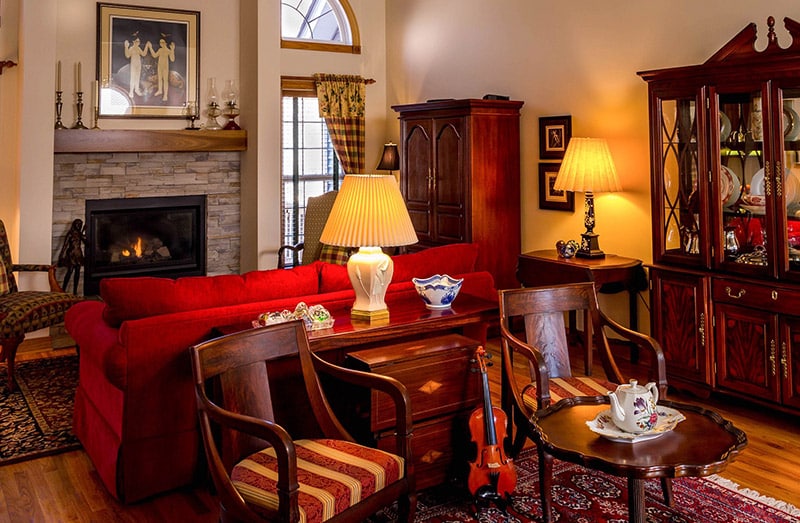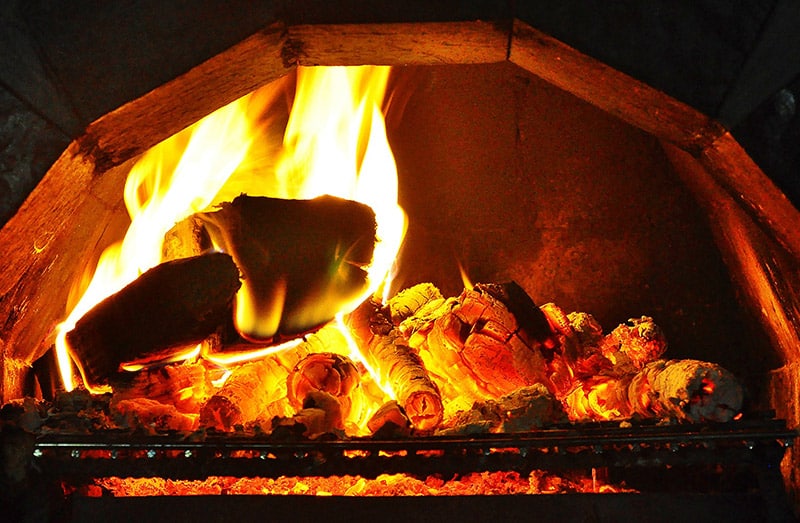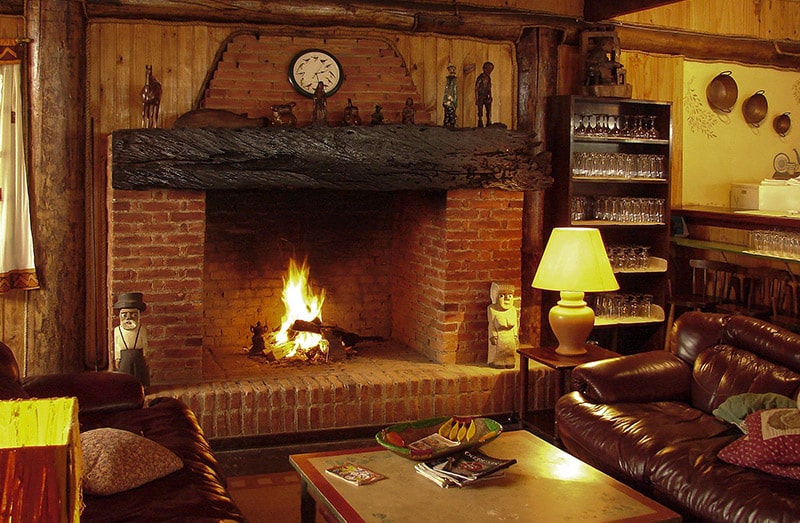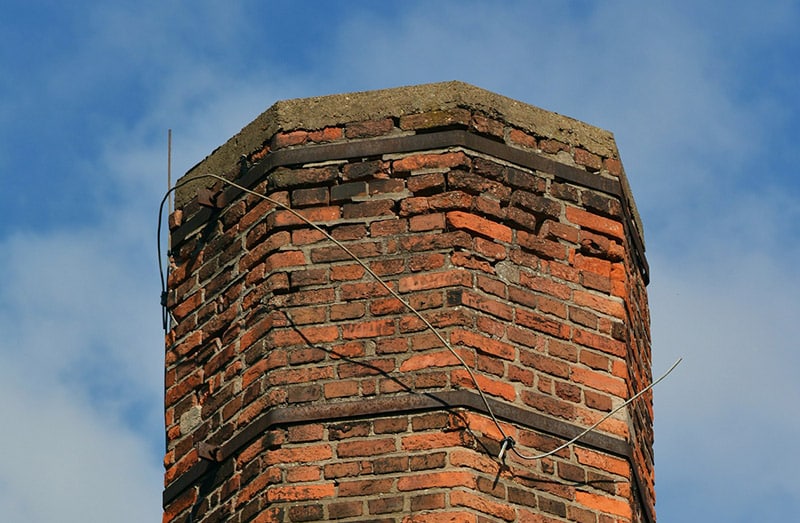Chimney Sweeping Montreat, NC

How Often?
While there isn’t a set formula for how often you should have your chimney cleaned, you should schedule an annual chimney inspection, especially if you are a regular fireplace user. During a chimney inspection, your technician can ascertain whether your chimney system is in need of a more thorough chimney inspection and/or cleaning and chimney repair. Other venting systems for heating oil, natural gas, coal, and pellet burning appliances have to be maintained, as well. For example, even without the presence of soot, gas fireplaces can still experience fire hazards from the presence of bird nests or other obstructions. As with other home repair issues, the longer an issue stays untreated, the more extensive the damage can become. Avoiding an inspection could turn an undiscovered issue into a large repair project, or even worse, a chimney fire. If you have recently purchased a home, especially an older one, or if your home has experienced environmental damage such as an earthquake or hurricane, your chimney is even more likely to be in need of a chimney sweeping and/or a chimney repair. Most regular fireplace users prefer to schedule an annual cleaning to keep their system in the best working order.

Cleaning Up
Customers sometimes ask when is the best time to schedule a chimney cleaning. The answer is spring, summer, or early fall, to ensure your chimney is clean and working by or before fireplace or furnace season. Whether you’re a regular fireplace user or one that has had an unused system for a longer time, it’s equally important to have an inspection and a cleaning. During the time your fireplace or furnace has been unused, your chimney could have developed issues, built up debris, or become a home to nesting creatures. During your chimney inspection, if your technician finds debris, they will have a number of tools to remedy the issue. Along with the traditional brush that may come to mind when you think of a chimney sweep, modern chimney technicians operate vacuums and other specialized tools to remove soot, creosote buildup, and other obstructions.

What’s Creosote?
Creosote is a highly flammable tar residue that can form when wood is burned incompletely. A smoky fire without enough oxygen or a malfunctioning stove can increase the opportunity for creosote buildup. There are several forms of creosote buildup: the first, a fine, dusty soot that can be cleaned very easily; the second, a grainy black soot that can be cleaned fairly easily with a chimney brush; the third; a thick, tar-like buildup that is more difficult to remove and requires special tools; and the fourth, a shiny, glazed coating that is the most difficult to remove. If your chimney technician finds a creosote buildup even one-eighth of an inch thick or with a glazed coating, it’s time for a cleaning as soon as possible.
Furnace Flue Cleaning
 Customers often (falsely) believe that their fuel or utility supplier provides furnace flue upkeep. If your home has a furnace system, you should be scheduling annual inspections and necessary furnace cleanings to keep your system running cleanly while preventing safety hazards. While the hazards of a furnace system differ from a wood-burning fireplace system, they are still dangerous. A neglected furnace flue can enable debris buildup, causing soot blowback into the home. The result can be exposure to carbon monoxide, an odorless gas that can cause sickness and death. Gas and oil furnaces create other gases that can eat away the furnace liners. If a clay liner begins to disintegrate, it can block gases from leaving the flue, creating another dangerous opportunity for carbon monoxide poisoning. A furnace system can also experience similar issues to a wood-burning fireplace system, in that nesting animals can also create blockages to the chimney system. While furnace systems create less particulate matter than wood-burning fireplaces, cleanings are necessary because the venting unit connections need to be removed and cleaned out fully. Our technicians are trained to clean and inspect all heating appliances to keep your home running cleanly and safely.
Customers often (falsely) believe that their fuel or utility supplier provides furnace flue upkeep. If your home has a furnace system, you should be scheduling annual inspections and necessary furnace cleanings to keep your system running cleanly while preventing safety hazards. While the hazards of a furnace system differ from a wood-burning fireplace system, they are still dangerous. A neglected furnace flue can enable debris buildup, causing soot blowback into the home. The result can be exposure to carbon monoxide, an odorless gas that can cause sickness and death. Gas and oil furnaces create other gases that can eat away the furnace liners. If a clay liner begins to disintegrate, it can block gases from leaving the flue, creating another dangerous opportunity for carbon monoxide poisoning. A furnace system can also experience similar issues to a wood-burning fireplace system, in that nesting animals can also create blockages to the chimney system. While furnace systems create less particulate matter than wood-burning fireplaces, cleanings are necessary because the venting unit connections need to be removed and cleaned out fully. Our technicians are trained to clean and inspect all heating appliances to keep your home running cleanly and safely.

When To Schedule A Furnace Cleaning
Before you install a new furnace or before you convert to a gas appliance, you should be sure that all areas are thoroughly inspected and cleaned. Your technician will insure that your new unit is safe to be installed into an existing setup. Likewise, if you are shopping for a new home, you should schedule a furnace inspection and/or cleaning. Even if you have an existing unit with no changes to the system, we recommend an inspection and cleaning before cold-weather season.
